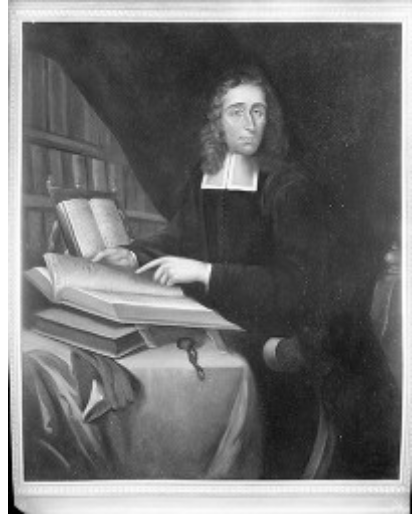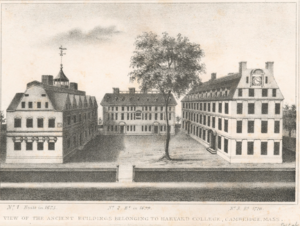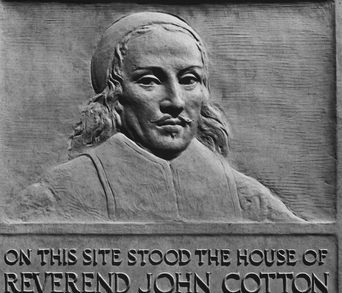In Cases of Conscience, Increase Mather

Harvard Art Museums
This post highlights a few aspects of the remarkable life of my 8th great paternal grandfather, Rev. Increase Mather (1639-1723). Increase is considered an influential representative of American Puritanism in the Massachusetts Bay Colony in seventeenth-century New England. (Increase is the English literal translation of the name Joseph, which originates from the Hebrew language. Wikipedia)
Increase was married to Maria Cotton, the daughter of John Cotton, who was a prominent minister and founder of the Congregational Church in New England. (Post about John Cotton: Dear John from Oliver Cromwell).
Increase Mather (as was not the case with his son, Cotton Mather) is remembered as a voice of reason during the hysteria over the Salem Witch trials. As a clerical leader, he sought to lend caution to the direction of the trials.
In Cases of Conscience, Increase Mather forcefully related his distrust of spectral evidence to convict witches. He argued that it would be better that ten witches go free than the blood of a single innocent be shed. One Mather biographer wrote that, “No zeal to stamp out crimes ever drove him from his belief that, whatever the fate of the guilty, the innocent must never be in peril.” His strong words of disapproval for spectral evidence so prominently used by the Court of Oyer and Terminer ended the trials after the directive from Governor Phips at the end of October, recently returned from his expedition in Maine. (Salem Witch Trials in History and Literature – An Undergraduate Course, University of Virginia – Spring Semester 2001)

Increase served as President of Harvard College (1692 to 1702) during which he often commuted by ferry to Cambridge from his home in Boston’s North End, where he continued to serve his congregation.
Increase faithfully kept a diary of his days, the following are a few select examples: (The Autobiography of Increase Mather)
March. 14. 1688/9. My Lord Wharton introduced me to the King unto whom I sayd, I congratulate your Majesties happy accession to the Crown, and I implore your Royal favor to New England. (William III “of Orange”)
April. 9. 1691. Madame Lockart this morning about 9h introduced me to the Queen, and then left me alone that so I might the more freely represent before her Majesty the case of New England. (Queen Mary II)
January. 1 1708/9. Is this the first day of that year in which I am to dye and to go into the eternal world ! Oh, blessed be God if it be so! If I dye quickly some few will Lament my death. Whereas if I live awhile longer, age will make me useless. It is a great mercy for a minister not to outlive his work.
June. 21. 1709. This is my sinfull birth day. I am this day 70 years old. I set it apart before the Lord.
On April 4. 1714, the Lord saw meet to take from me my wife, who had bin the dear companion of my pilgrimage for more than 52 years. God made her a great blessing to me. By her hee gave me ten children, 3 sons and Seven daughters.
When he died on August 23, 1723, his will stated, “I do hereby signify to my Executor, That it is my Mind & Will that my Negro Servant called Spaniard shall not be sold after my Decease; but I do then give Him his Liberty: Let him then be esteemed a Free Negro. Jun 4, 1719.”
In 2017, Harvard held an exhibition focusing on the life of Increase Mather and his historic legacy. The exhibit’s introduction reads, “In a time when universities are grappling with the historical legacy of the names and symbols that describe their campuses, Increase has become one of the more controversial namesakes of the undergraduate Houses and on Harvard’s campus more broadly.” After review, there was no action taken to remove the Mather name from the undergraduate (Mather House) residential house.
Mather House Exhibit Scrutinizes Slaveholding Namesake’s Past Increase: What is in a Name?

Harvard and the Legacy of Slavery (May 2022)
Family Connection: Increase Mather – Nehemiah Walter – Caleb Trowbridge – Josiah Bowers – Luther French (4th gg)
Comments and Suggestions Appreciated. Copyright © 2022. All Rights Reserved by David R. French.
